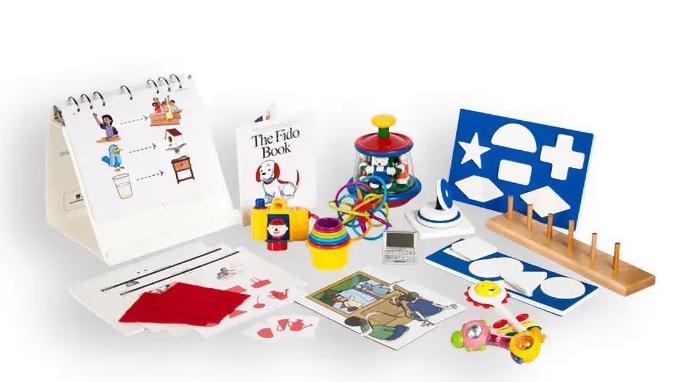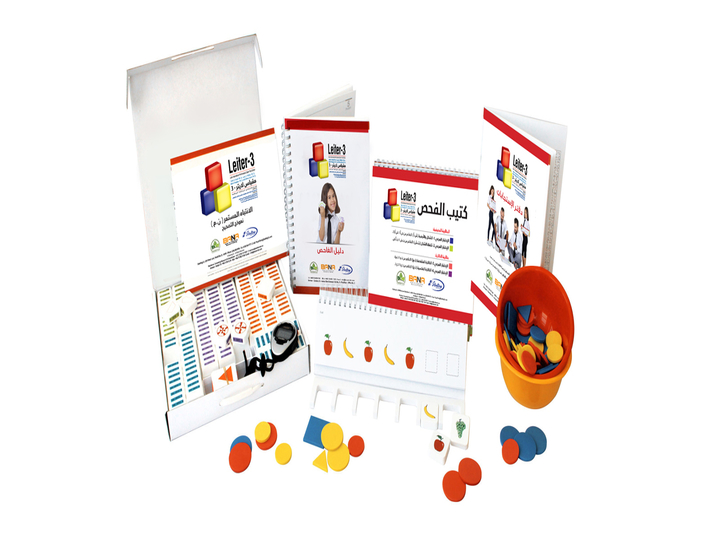A total of 219 undergraduate students from a large Southeastern public university participated in the current study. Demographic information regarding the university from mixing suboxone and alcohol which participants in the current study were drawn includes an enrollment size of approximately 27,000 students (77% undergraduate), of whom most are White (78%) and enrolled full time (89%). Overall, findings from the current study provide new insights into the interplay between alcohol use and college dating relationships, offer important implications for college student health, and suggest a promising area for future research.
Think back to the biggest arguments in your marriage. Were they alcohol-induced?
- That could include learning more about how to help someone stop drinking and starting an honest, compassionate conversation with your partner.
- A 2013 study found that of the 52 people who participated, over 34 of them (that’s more than 60%) noted that substance use was a factor for separation.
- If your answer is “I’m not sure,” it might be time to take a step back and reflect on whether or not you’re happy with your relationship with alcohol.
- Participants were grouped on the basis of their scores on measures of alcohol use (hazardous drinkers vs. nonhazardous drinkers) and relationship satisfaction (high vs. low).
- But drinking too much can also take a toll on your friendships, family relationships, and even how you interact with your colleagues at work.
- When you feel affected by codependency, it’s helpful to take a break or distance yourself from the relationship.
The present study examined the influence of relationship satisfaction on readiness-to-change alcohol use and the influence of hazardous drinking on readiness-to-change relationship issues in college student dating relationships. Participants were grouped on the basis of their scores on measures of alcohol use (hazardous drinkers vs. nonhazardous drinkers) and relationship satisfaction (high vs. low). Results indicated that alcohol use was negatively correlated with relationship satisfaction. Furthermore, hazardous drinkers with high relationship satisfaction indicated more readiness-to-change alcohol use than hazardous drinkers with low relationship satisfaction.
For this reason, it can be difficult to understand if and when your drinking has become unhealthy, especially if alcohol has played a role in your relationship for a long time. This uncertainty is sometimes described as a phenomenon known as “gray area drinking“. Being able to identify the types of alcohol problems will help you have a better understanding of your relationship with drinking. Separate from alcoholism or alcohol dependence, alcohol use disorder is characterized by problem drinking that becomes severe, eventually leading to adverse social, occupational, or health consequences.
Is Alcohol Impacting Your Relationship?
Talk to a GP or your local community alcohol service who will be able to get help for you to reduce your drinking safely. Plus, the longer you go without alcohol in your system, the more likely you’ll experience continued improvements to your health. Over an extended period of time, drinking too much can lead to impotence in men and impaired fertility in women. All of these do alcoholics have big noses factors make it much more likely you’ll engage in activities that cause conflict within relationships.
Alcohol can affect relationships in various ways, and this can look different for each person. But for many people, it can also be a source of conflict in their relationships. Individual and couples therapy can equip you with the perspective, tools, and resources you need to embrace a healthier relationship with yourself, your partner, and alcohol. A glass of wine with dinner, drinks with friends at the bar, and a “cheers” to kick off the weekend—alcohol is ingrained in our social rituals.
Alcohol and romantic relationships
If you notice some of the warning signs mentioned above, it may be time to take a closer look at the role alcohol is playing in your relationship and seek support. Because alcohol heightens emotions and makes it harder to read emotional cues from others, it’s more likely that drinking will magnify feelings of jealousy. In fact, research from 2019 has shown that alcohol behavioral couple therapy can help participants drink less, decrease conflict, and increase communication between partners.
Hiding your drinking from a loved one is a common sign that your habits have become unhealthy. One example of this is if you claim to be partaking in certain activities, like working overtime or meeting friends, instead of sharing that you stopped at the bar on the way home. Being dishonest with your partner can fuel a sense of distrust, and lead to other unhealthy habits in your relationship. Building healthy relationships with people who don’t drink not only helps you steer clear of alcohol, but it also gives you an opportunity to expand your friendship base. Adopting an exercise program, joining a support group, or talking with a mental health professional are all excellent ways to stay sober. In dating and marriage, we share experiences, friends, and social events with our significant others.
If unpacking all of this on your own is causing excess stress or anxiety, consider asking an expert for help. Establishing new routines that don’t involve alcohol can lead to better physical, mental, and emotional health. Physical benefits such as improved sleep, better-looking skin, and a healthier weight are some of the first changes you may notice. While not necessarily a direct path to quitting, being sober curious means you choose to think more consciously about the decision to drink rather than mindlessly consuming alcohol as part of the drinking culture. Drinking may affect a person’s ability to earn a living, or they may make impulsive, economically unsound decisions while drinking that leave them and those they care for in a vulnerable position.
For example, someone who drinks a lot might miss out on time with their spouse because they’d rather be at a bar or party. And when they’re home, they might choose to drink instead of being present with their loved ones. Sometimes, a codependent relationship can grow between a person with an alcohol use problem and their partner. For instance, a codependent spouse may look to the drinker for constant validation, become overly involved in the person’s emotions, and try to “fix” them. Since many people with substance use disorder believe they’re healthy, an intervention can help. By communicating openly with patience and compassion, friends and family members can convey the importance of sobriety to their loved ones.
Alcohol problems can quickly damage relationships, though it’s often more challenging to determine whether you have one if you’re dealing with an addiction. Therefore, one of the best ways to prevent alcohol from altering your relationships is to recognize the beginning signs and stages of addiction. This doesn’t necessarily mean that we should avoid alcohol completely of course, but it is important to understand how alcohol can affect us and our relationships with those around us, and the benefits of cutting down or going alcohol-free.
Participants also cited high levels of conflict and arguing, another significant contributor to divorce, according to research from 2017. Keeping a distance will also prevent your loved one from influencing you to allow the addiction to continue or crossing boundaries. While shielding your partner from the truth may seem an innocent defense mechanism, it can eventually lead to consistent lies and more and more mistrust in the relationship.
When you increasingly choose to drink rather than doing previously enjoyed activities with your significant other or friends, you may need to examine your motives for these choices. If you’ve begun hiding how much and how frequently you drink from your partner, drinking has become a significant aspect of your relationship. If you feel the need to be dishonest about your drinking, you may want to ask yourself why.
If you feel like alcohol has been affecting your relationships, consider reaching out for help so that you can be your best self for the people around you. Research has shown that excessive alcohol use can lead to serious family consequences, including intimate partner violence and even divorce. Instead of trying to solve issues while under the influence, it’s OK to take a step back and address it at a later time, when you’re sober. A review of the literature found a significant relationship between alcohol and domestic violence — with one 2020 study in Australia citing alcohol as a factor in roughly 24% to 54% of family and domestic violence police reports. When drinking becomes the focal point of every activity, alcohol addiction is a concern.
The 10-item Alcohol Use Disorders Identification Test (AUDIT; Saunders, Aasland, Babor, & Grant, 1993) was used to assess participant’s alcohol use in the past twelve months. The AUDIT examines one’s frequency of alcohol use, intensity, symptoms that are characteristic of alcohol tolerance and dependence, and negative consequences that are related to alcohol use (e.g., injuries). Participants in the current study were categorized as hazardous (score above 8) or nonhazardous (score below 8) drinkers, following the recommendations of previous research utilizing this measure (Reinert and Allen, 2002). Alcohol and alcoholism affect our romantic relationships, social lives, what is liquid marijuana drink and mental health and vice versa. To treat and overcome alcoholism, it’s essential to address not only your alcohol use but also the alcohol use of your partner.



